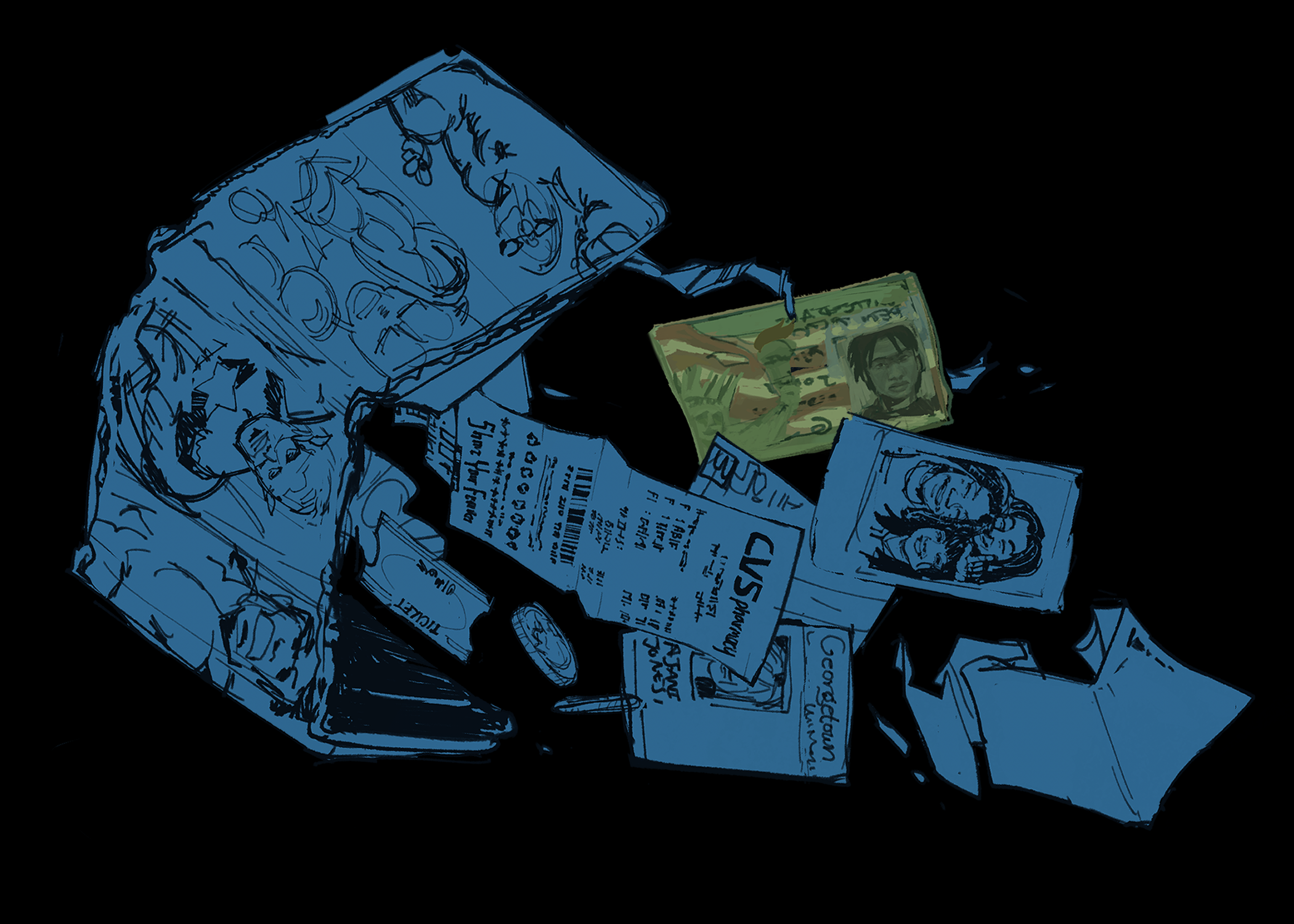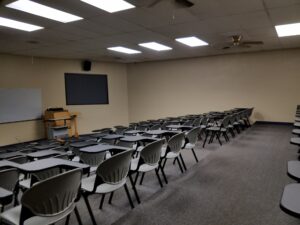My life is tied to a single piece of plastic. Every time I leave home, I anxiously check if it’s still on my person. On the days I forget it, I’m almost instantly overcome with worry that this would be the day that my forgetfulness would finally catch up with me.
Unlike my keys, phone, or debit card, my green card is more than a form of identification or access—it is the difference between security and instability at a time when personal autonomy is defined by constantly shifting implementations of the law.
As a “permanent resident,” I have frequently been told that my position in this country is secure, but I’ve always felt differently. While I recognize the immense privilege of being a green card holder, I also know that my supposed “legal” presence in this country is tenuous at best, tied to the current ideology of whatever administration holds power.
The Trump administration’s recent surge in publicized deportations and legal threats against immigrants, including against permanent residents like Dr. Badar Khan Suri, has sent panic racing through migrant communities. Fear has shifted from a subconscious awareness to a daily, palpable wraith hanging above our heads—if even permanent residents aren’t safe, who is?
This fear is not novel. Migrants did not suddenly develop a constant awareness of their tentative status in this country the day Trump was inaugurated or elected. Rather, the threat of deportation has been like a sword constantly hanging over our heads from the moment we stepped into this country. Whether we are conscious of it or not, our presumed “legality” is a courtesy at best.
I remember when I first moved to the States; deep down, I was terrified. For years, I had grown painfully aware of the systemic dangers that came with being young and Black in America. Moreover, I knew that being a foreign national, regardless of how I came to be here, would only further complicate an already difficult time acclimating to a complex new environment.
Despite my fears, I was in some ways hopeful. Although I was never fully engrossed in the myth of the “American dream,” I knew that moving was ultimately the right choice for me. In spite of the tears and lonely nights missing home, I never regretted coming to Georgetown because I knew it meant I could chase a life I wanted. My love for the arts and language—sporting solid foundations from the high cultural capital these things hold back home—could not have been fully realized without allowing myself the room to branch out and grow in a completely new environment. Even more importantly, I’ve been able to meet people who have helped me blossom in ways that I could not have dreamed of achieving otherwise.
But now, as I grow closer to stepping outside into the “real world,” I feel that foundation of hope cracking under the weight of a country that seems to profess louder and louder that I, and people like me, aren’t welcome.
I wouldn’t dare say I’m surprised by this situation. This culture is not new. Many of us were prepared long ago for dealing with an environment that, at best, could be littered with thinly veiled xenophobia and politicized aggression. Over the past few years, I’ve had to navigate my fair share of ill-timed “jokes,” “well-meaning” ignorance, and blatant bigotry—each instance I knew I had to, out of necessity, treat with a great degree of poise. However, what is jarring is that, even in the circles of peers and allies that profess to be the safest, the focus continues to remain on the question of status and legality, rather than the lives at risk.
At Georgetown, it feels like the people around me are more interested in engaging in debates on constitutionality, the letter of the law, and the economic implications of mass deportation rather than truly engaging with the most impacted communities. I won’t pretend to think that the world around me will suddenly undergo a mass change of heart, regardless of my strong feelings on this issue. Rather, what bothers me is that when even allies are more focused on legal semantics, navigating the current climate feels increasingly dehumanizing.
To me, it begs the question: would the people around me care if what is happening were 100% legal?
In centering conversations solely around constitutionality, we begin to lose ourselves in the minutiae of the law—and we must reckon with the humanity lost within ourselves when we, intentionally or otherwise, sideline the humanity of others in critical conversations like these. People are not just losing access to visas or legal residency—they are being uprooted in increasingly devastating ways. Their lives should not be an afterthought.
The discussion surrounding the current sociopolitics of this country must move away from legal semantics. Regardless of the dubious legality of the Trump administration’s actions, or whether his actions are worse than other administrations, the focus should remain on the lives under threat of upheaval. Staring down a future that sits on a, at best, shaky foundation can be taxing mentally and emotionally in ways that are difficult to capture in words alone. It is imperative that we readjust how we tackle the current climate and build spaces that are genuinely safe, in both action and words. Starting here at Georgetown, we must prioritize empathy and patience at a time when our peers need it most.
I want to know what it feels like to not have my life tied to a single piece of plastic—that my ties to this place, my second home, are secure and not under constant threat of being uprooted.







